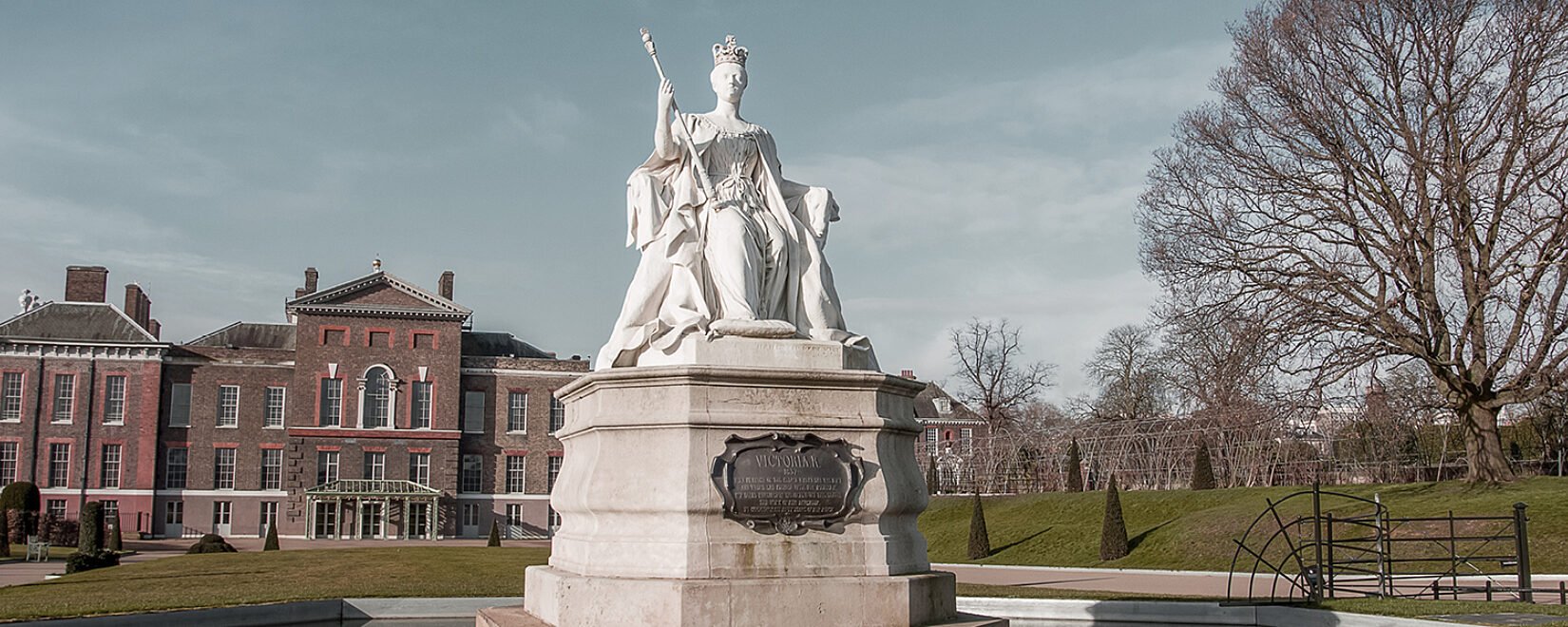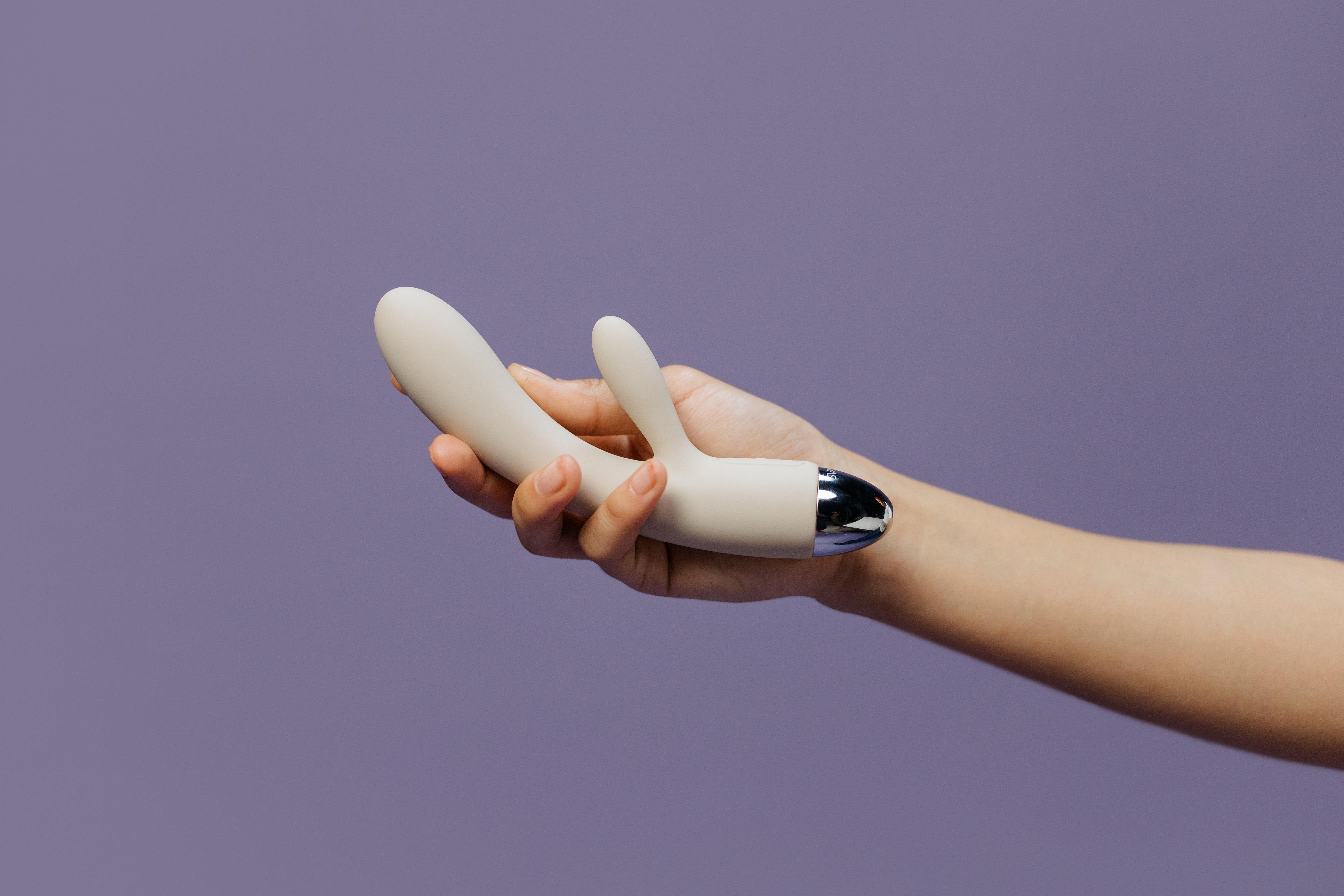Conspiracies, Crowns and Changing Women's Health
With the internet awash with stories of Kate Middleton, we ask what can this tell us about the outdated narratives of women's health? And is there another, unspoken reason we are so unwilling to believe that a woman might simply be ill?
Kate Middleton and the ‘conspiracy’ of Women’s Health
On the 17th of January, Kensington Palace released a statement that Kate Middleton had gone into hospital for planned abdominal surgery and would be absent from public life for several months. Almost immediately, the internet conspiracy machine began to fire up in search of ‘the truth’ - or at least a few thousand views.
Was she making an appearance in Celebrity Big Brother?
Could she be the ‘unknown’ of Glasgow’s disastrous Willy Wonka experience?
Perhaps she was headed to Turkey for some fresh veneers?
As TikTok continued to dissect every layer of royal correspondence and theorise what was really going on beneath the marble staircase, less than a month later, the palace shared news that King Charles was undergoing treatment for cancer. This time, for some reason, the internet happily took a vow of silence.
Now, I am no royalist, but I am a feminist. So seeing the obvious disparity between how the internet reacted to King Charles’s news with sympathy, and Kate Middleton’s with suspicion, a question immediately sprang to mind:
Why are we so reluctant to trust that this woman might just be unwell?
It would be naive to chalk this all up to a simple case of sexism. Public interest in the ‘young royals’ runs deep, especially given this is the first British royal dynastic couple to have had their entire relationship scrutinised by both journalists and social media. One could argue that our distrust over Kate’s ‘disappearance’ is heightened because we are so familiar with her life. As such, we have a much greater sense of what we accept as ‘normal’ for her, and we have a much bigger bank of gossip to feasibly align this latest conspiracy to.
But, for me, it’s undeniable that there is some sexism at play here. Although perhaps in a more covert way. I wonder if the internet’s instinctive reaction to Kate Middleton’s ‘disappearance’ feeds into a different conspiracy altogether. The conspiracy that we still know far too little about women’s health or how to talk about it.
Women’s Health: a royally messy subject
As a research area, women’s health remains chronically under-funded. In 2023, women’s health companies received just 4.3% of the total amount in venture capital that was invested in “health” or “healthcare” companies. With previous years receiving almost half the amount. The result is a healthcare industry where we know relatively little about conditions that primarily affect women, for example fibromyalgia, menopause and endometriosis. Leading to long waiting times for diagnosis, few – if any – treatment options and little knowledge of what it looks like to recover from or live with these illnesses.
Beyond this, clinical trials have historically excluded women. As GSK observes, “it was assumed that there were no fundamental differences between men and women’s bodies other than size, weight, and reproductive organs.” It is a disparity pharma is increasingly striving to undo, but it leaves us with decades of research focused purely on how male bodies react to treatments, cures and surgeries.
Beyond clinical and financial issues, there are also societal biases at play. In her forward to Unwell Women, Ellinor Cleghorn agrees “For centuries, medicine has claimed that women, and their lives, are defined by their bodies and biology. But we have never been respected as reliable narrators of what has happened, or is happening, to our bodies.” Our hormones, pain and illness have historically been written off as ‘hysteria’, and we are told simply to keep calm and carry on. How very British.
Given all these hurdles, it’s safe to say we don’t really know what it looks like to be an ‘unwell woman’. But we do know that there is an expectation that one should be unwell quickly and without complaint. Ironically, Kate Middleton herself was unwillingly embroiled in this rhetoric, when images of her appearing healthy post-natal were compared to ones of her sister-in-law Meghan Markle who looked…well, like she’d just had a baby and someone had forced her to pose for a photo instead of being allowed to rest.
All of this to say that it’s not unsurprising that we would be so quick to write off Kate Middleton being unwell as ‘unbelievable’. That she may need time to heal - and to do so in private - stands so at odds with all we know of women’s health. And by that, I mean we know far too little to decide if it could possibly be true.
A princess in a pro-vulva world
There is also a final piece of the puzzle which I’d like to raise: the perceived impropriety of talking about women’s health. Is the lexical choice of ‘abdominal’ a conscious one? After all, which organ plays a huge role within the female abdomen? The womb. That very important but tricksy organ that still raises a blush when discussed in ‘polite’ society. Something I can only imagine poses a very modern problem for an organisation so rooted in the archaic rules of civility and grace.
There has been speculation about whether Kate Middleton underwent surgery on her womb. But no detail has been offered about the surgery other than to indicate the general, anatomical area. Although it is interesting that the palace was comfortable discussing King Charles’ prostate. I wonder if it’s too hot a take to suggest that talking about the reproductive organs of the future Queen is a step too far for an institution who only 10 years ago allowed first born female children to have the right to succession before their younger brothers…
Ultimately, I think it points to a larger problem. Until we can talk about women’s health without misplaced shame, stigma or heated cheeks. Until we treat women’s health conditions, even the ones that - rightly or wrongly - make people uncomfortable, as any other health condition, we’ll continue to add fuel to the conspiracy theory fires.
Crowning a conspiracy
I told my other half I would write this piece and hold onto it. If I was indeed proven right, and a month down the line Kate Middleton was to emerge from recovery, no BBL in sight, I would smugly run to LinkedIn and hit send. But he raised a very valid point: why wait? Even if the conspiracy theorists are right, and there is a larger story at play, does it make this conversation any less relevant? Are there not still wider issues at play with how we view women’s health?
Beyond Kate Middleton herself, what remains is that it’s a problem that an instinctive and common reaction to the announcement that a woman is ill is to jump to a conspiracy theory. Because, at least in part, we know embarrassingly little about the other option: what it means for a woman to be genuinely ill. As an industry, we have a role to play in undoing this conspiracy. Improving how we communicate the importance of funding women’s health research and diversifying clinical trials, and undoing the negative stereotypes and bias attached to female illness through bold campaigns. All of which I’d much rather see on my TikTok for you page.




